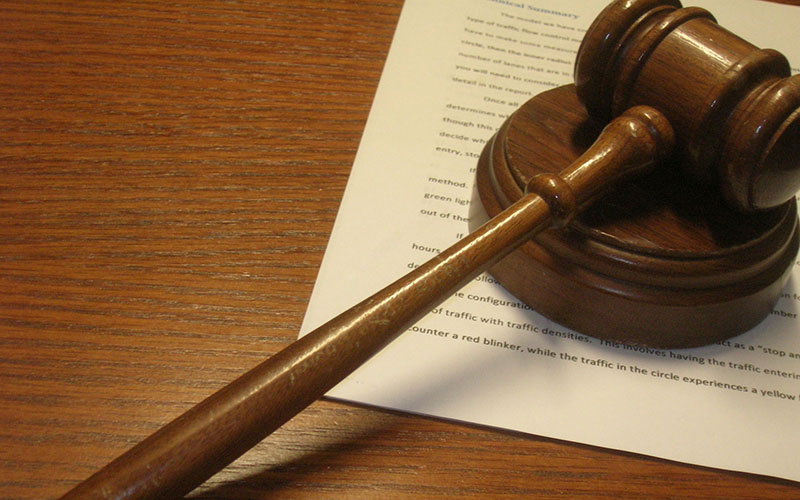WASHINGTON – A national expert on whistleblowers Wednesday welcomed the multimillion-dollar settlement of charges against the Yavapai Regional Medical Center as “a great example” of how the system should work.
The U.S. Attorney for Arizona and the Prescott medical center this week announced finalization of the agreement, under which the hospital will pay $5.85 million to settle a whistleblower’s allegations that the facility was misreporting the number of hours worked by its employees between 2006 and 2009. The misreporting had the effect of boosting Medicare payments the facility subsequent to those years, according to a statement prosecutors released Tuesday.
The medical center admitted no liability in the settlement and prosecutors maintained in it that the charges were well-founded. But the case was closed this week once the agreement was finalized.
“It’s very important to emphasize that the allegations were not related to the quality or type of care provided to patients,” said medical center spokeswoman Robbie Nicol said in a statement on the case. The staetment went on to point out that “the error did not affect any Medicare patient’s individual out-of-pocket costs for deductibles, co-pays, etc.”
Part of the settlement will go to Gregory Kuzma, who filed suit against the medical center in April under the federal False Claims Act, which allows individuals to file lawsuits on behalf of the federal government and collect a portion of the recovery if they are successful.
Kuzma’s actions were praised by Jordan Thomas, who heads up the whistleblower representation practice in the New York office of the law firm of Labaton Sucharow. He called it a “great example” of what whistleblowers can do.
“Who outside a hospital center would know that the hours being recorded were not accurate?” Thomas asked. “It was entirely possible that the hospital staff could have worked the hours recorded – the only catch was they didn’t, and that is something that only an insider could know.”
Kuzma filed suit in U.S. District Court alleging that the medical center received as much as $19.1 million in Medicare overpayments from fiscal years 2011 through 2015, due to its misreporting. That inflated “the wage index” for the Prescott area, causing the Medicare program to increase its payments to the hospital, according to a statement from U.S. Attorney John Leonardo’s office.
“False bills to the Medicare program threaten the viability and effectiveness of the program, undermine public confidence, waste precious taxpayer dollars, and will not be tolerated,” Leonardo said in the statement.
Kuzma claimed the hospital was aware it had received inflated Medicare payments “no later than February 2011.”
As a part of the deal finalized Tuesday, Kuzma will be paid $1.17 million of the hospital’s $5.85 million settlement payment. One of Kuzma’s attorneys, David Caputo, said he was pleased the government “so promptly and thoroughly investigated the information that our client brought to its attention.”
“This settlement results from precisely the sort of public-private partnership that makes the United States False Claims Act such a powerful tool in combating fraud in our healthcare system,” Caputo said.
Thomas noted that more cases like Kuzma’s are occurring, calling it “the new era of whistleblowing, where more people are more aware of the programs and more willing to come forward.”
